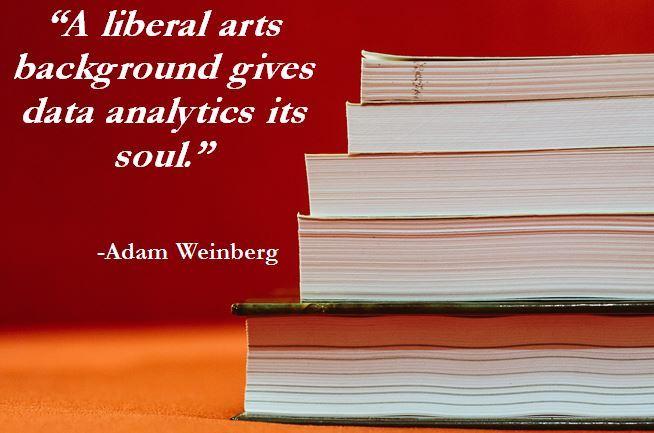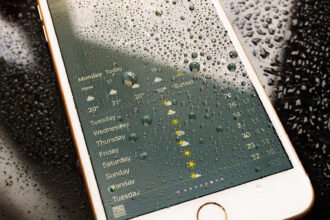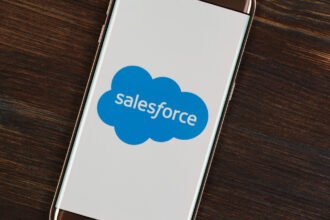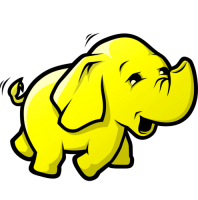In the sense that all science is a liberal art, yes.
This week I read a great piece by Adam Weinberg, the president of Denison University, on his school’s initiatives to apply a liberal arts approach to data science.
This is shocking to most, but why? Let’s diagram this phrase “data science” (English skills!). Data is information — let’s leave it at that for now. But what about science?
In the sense that all science is a liberal art, yes.
This week I read a great piece by Adam Weinberg, the president of Denison University, on his school’s initiatives to apply a liberal arts approach to data science.
This is shocking to most, but why? Let’s diagram this phrase “data science” (English skills!). Data is information — let’s leave it at that for now. But what about science?
Science is the testing of observable phenomena. It is built on the scientific method of observing, making hypotheses, and testing them.

So the “data mining” approach of pointing out quirky relationships in data with no guiding theory is one thing. “Data science” is another. Because as a science, it must be grounded in the scientific method.
And science has long been a part of any liberal arts education. I took two in college — they were some of my easier classes, but I still took them. In fact, I was required to take them to graduate.
In the meantime, I also took classes in literature and history. I learned what’s worked and what hasn’t in human history through studying the great books.
I learned how to write and communicate. And in my science classes, I learned how to make hypotheses from these observations, and test them. An economics major, I was able to examine what worked and hasn’t in terms of human flourishing, for example.
This can’t be said about many pre-professional or even many STEM programs — they’re more concerned with passing off knowledge to you and not showing you how to test and generate ideas of your own.
Data science vs data mining: Liberal arts makes the difference
In my career I’ve been presented with huge amounts of data concerning everything from retail sales to hospital cleaning times. While it’s been a challenge to learn the technical chops to handle the data’s size and scope, the liberal arts taught me how to use it.
How to frame problems? How to communicate your theories and conclusions? Study the liberal arts. Learn how to attack problems from various angles. Communicate in ways that other well-educated people can evaluate your research.
Theory-based data science will always beat willy-nilly data mining. Sure, statistical techniques will change now that we don’t have to worry about small sample size.
This doesn’t mean that we should retreat from the scientific method that has driven much of our advances over the past few centuries.
It’s encouraging to see data science and the liberal arts teaming up — liberal arts are the basis for any science, after all.









